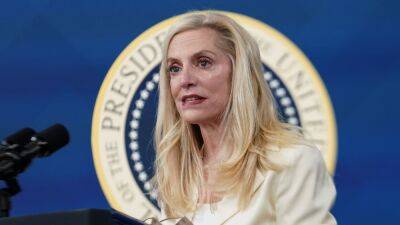‘The risks are pretty big’: how long can UK house prices defy gravity?
It’s two years since concern last swirled around the health of the housing market. Then, estate agents were tentatively setting up socially distanced viewings after the market was allowed to reopen part-way through the first Covd lockdown. At the time, the property firm Savills reviewed its forecast and decided it still expected “house prices will fall by around -5% to -10% in the short term”.
It didn’t happen. The pent-up demand that had grown through lockdown was quickly stoked by stamp duty holidays across the UK. Far from falling, house prices started rising – and haven’t stopped since.
On Friday, the UK’s biggest lender, Halifax, said prices had risen by 1.1% in April, bringing the average to a new high of £286,079. “Housing transactions and mortgage approvals remain above pre-pandemic levels and the continued growth in new buyer inquiries suggests activity will remain heightened in the short term,” said the bank’s managing director, Russell Galley.
“For now, at least, despite the current economic uncertainty, the strong increases we’ve seen in house prices show little sign of abating.”
Halifax’s numbers are the latest evidence that despite a pandemic, consecutive Bank of England meetings resulting in interest rate rises and a developing cost of living crisis, house prices – and activity – have remained strong. But how long can it last?
Two years after it predicted a fall, this week Savills said it “remains difficult to see the trigger for a meaningful house price correction”. Other commentators appear to agree, although with caveats.
“I’m not expecting there to be a crash but I’m more negative about the prospects for the market than at any time since the start of the pandemic,” said Neal Hudson, a housing market analyst
Read more on theguardian.com




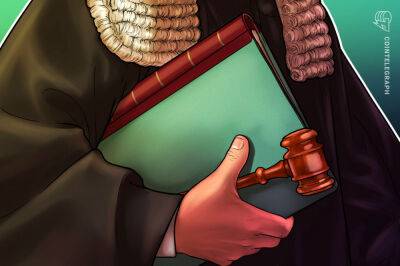
![The Sandbox [SAND] manages to defend $1 level but can it sustain a breakout](https://finance-news.co/storage/thumbs_400/img/2022/6/2/28161_6n3.jpg)


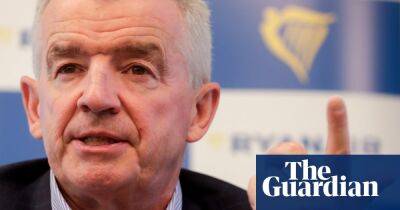
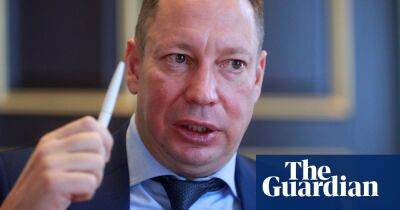




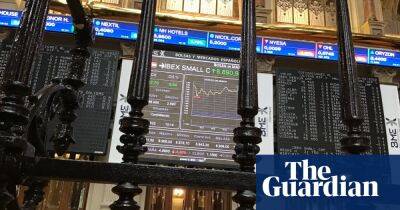


![Ethereum’s [ETH] under-performance on the charts continue thanks to…](https://finance-news.co/storage/thumbs_400/img/2022/6/2/28147_ulu97.jpg)
